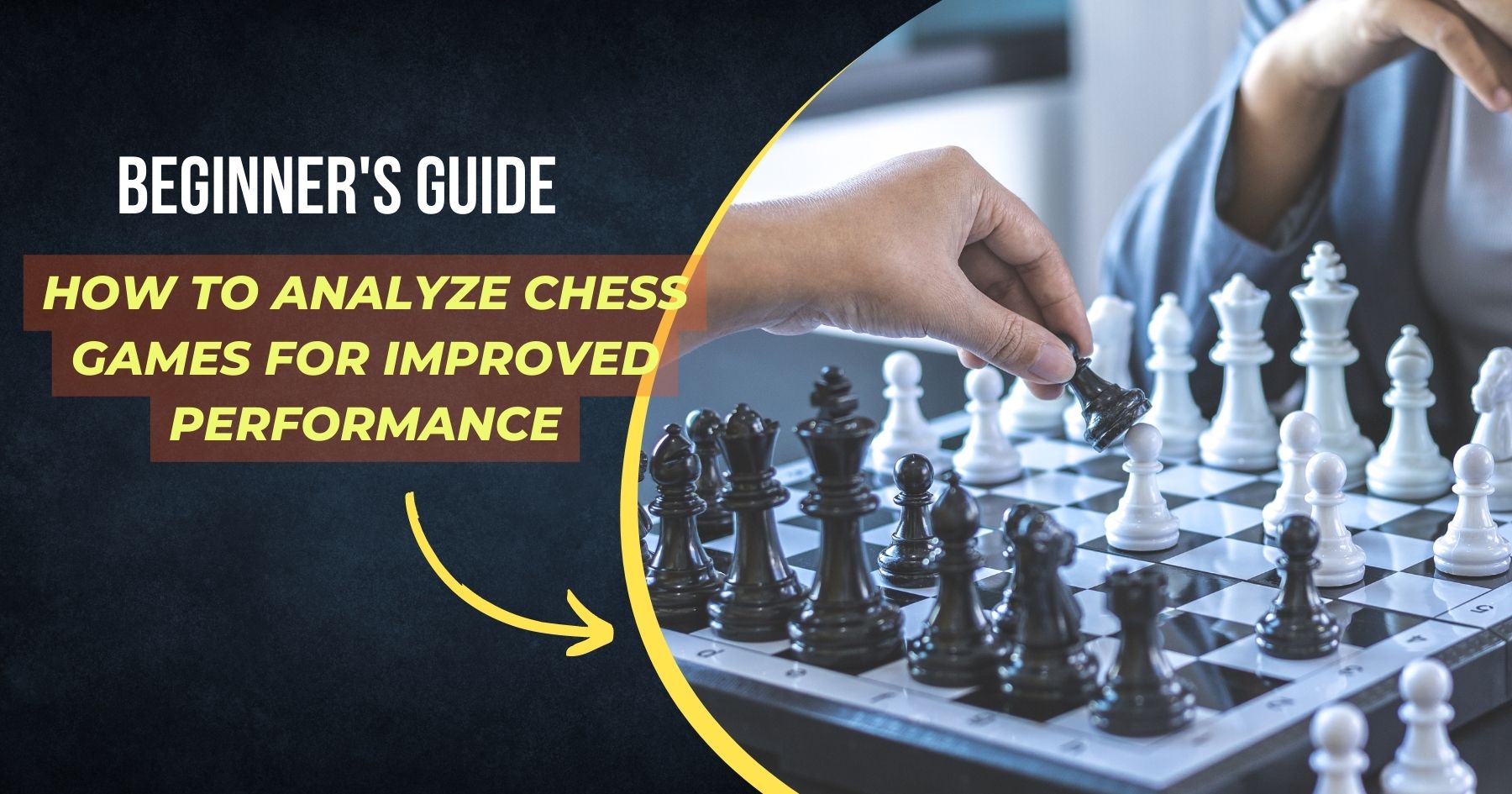Beginner’s Guide: How to Analyze Chess Games for Improved Performance
Chess is a game of strategy, skill, and critical thinking. To become a better chess player, it is important to analyze your games and learn from your mistakes. In this article, we will discuss the importance of game analysis and provide you with a step-by-step guide on how to analyze your chess games to improve your skills.
Introduction
Chess is a complex game that requires a combination of skills, such as strategic thinking, planning, and pattern recognition. Analyzing your games is an essential part of improving your skills as it helps you identify your strengths and weaknesses, understand your thought process, and learn from your mistakes. By analyzing your games, you can also discover new tactics and strategies to use in future games.
Why analyze your chess games?
Analyzing your chess games is essential if you want to improve your skills. It allows you to identify your strengths and weaknesses, understand your thought process, and learn from your mistakes. By analyzing your games, you can discover new tactics and strategies to use in future games. Additionally, analyzing your games can help you identify patterns and tendencies in your playstyle, which can be useful for developing your game.
Recording your games
Before you can analyze your games, you need to record them. There are several ways to record your games, such as using a chessboard and pieces, a chess app, or a digital chess board. Make sure you record your moves accurately and clearly, so you can review them later.
Reviewing your games
Once you have recorded your games, it’s time to review them. When reviewing your games, you should focus on the following areas:
Review your opening
The opening is a critical phase of the game, and it’s essential to review it carefully. Look for mistakes in your opening and consider alternative moves that could have given you an advantage. Reviewing your opening can also help you identify any weaknesses in your repertoire and allow you to expand your opening repertoire.
Look for mistakes and missed opportunities
When reviewing your games, it’s essential to look for mistakes and missed opportunities. Analyze your moves and consider alternative moves that could have been better. Look for missed tactics, such as forks, pins, and skewers, and consider how you could have taken advantage of them.
Analyze your thought process
Your thought process is an essential part of your game, and it’s important to analyze it carefully. Consider why you made specific moves and whether they were the best moves you could have made. Analyzing your thought process can help you identify areas where you need to improve your strategic thinking and decision-making skills.
Identify patterns and tendencies
Identifying patterns and tendencies in your playstyle can help you develop your game. Look for recurring mistakes and missed opportunities and consider how you can avoid them in future games. Additionally, consider your strengths and weaknesses and how you can use them to your advantage.
Learning from your analysis
Once you have analyzed your games, it’s essential to take notes and incorporate your findings into your practice.
Take notes
Taking notes is an important part of learning from your analysis. Write down your mistakes, missed opportunities, and areas where you need to improve. Additionally, write down any new tactics or strategies you discover during your analysis
Incorporate your findings into your practice
Incorporating your findings into your practice is essential if you want to improve your skills. Use your notes to identify areas where you need to focus your practice and work on improving those areas. Additionally, try to incorporate new tactics and strategies into your game and practice using them until they become second nature.
Conclusion
Analyzing your chess games is an essential part of improving your skills. By reviewing your games, you can identify your strengths and weaknesses, understand your thought process, and learn from your mistakes. Taking notes and incorporating your findings into your practice is critical if you want to improve your skills and become a better chess player.
Frequently Asked Questions
How often should I analyze my games?
It’s recommended that you analyze your games after every tournament or practice session.
Should I analyze my losses or just my wins?
You should analyze all of your games, including your losses. Analyzing your losses can help you identify areas where you need to improve.
Can I use a computer to analyze my games?
Yes, you can use a computer to analyze your games, but it’s important to also analyze your games manually to develop your own analysis skills.
How long should I spend analyzing each game?
The amount of time you spend analyzing each game will depend on the complexity of the game and your skill level. However, it’s recommended that you spend at least 30 minutes analyzing each game.
How can I analyze my games if I don’t have a coach?
You can use online resources, such as chess databases and forums, to get feedback on your games and improve your analysis skills.
